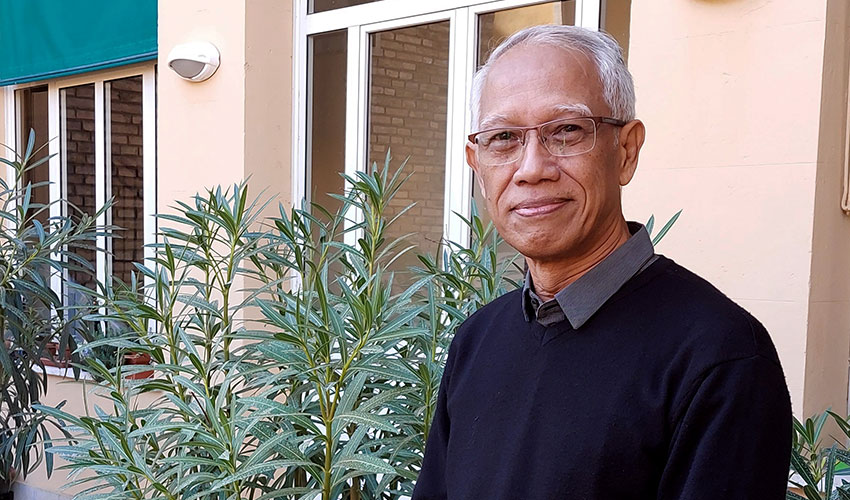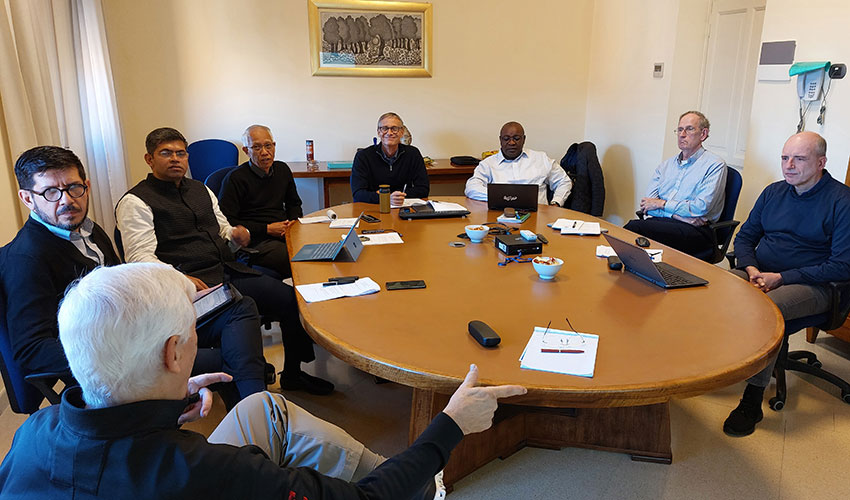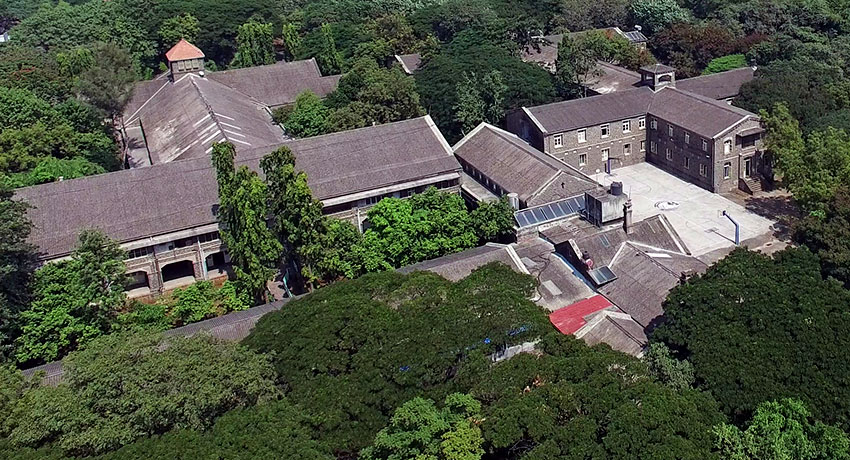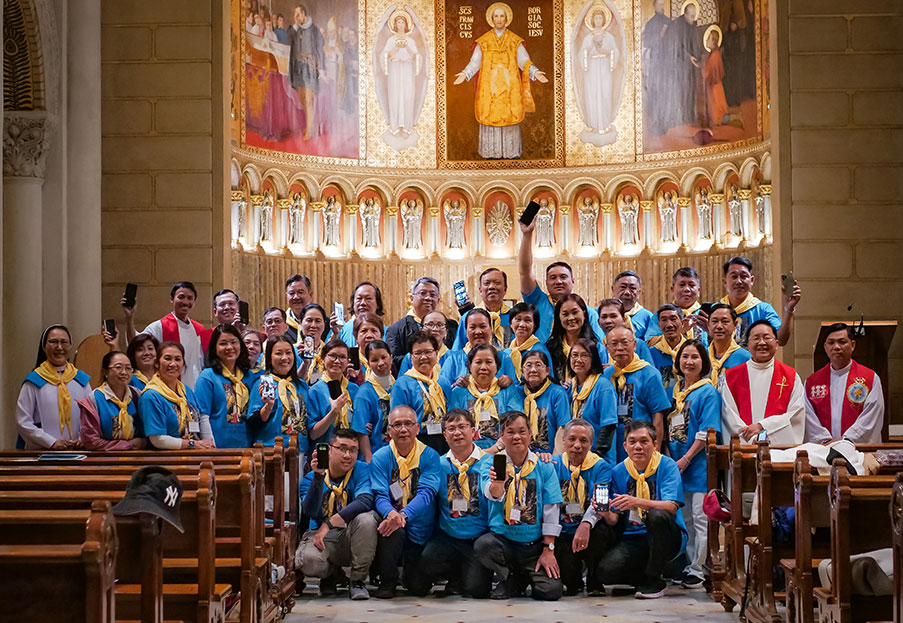Jesuit formation is always a priority
The cycle of meetings at the Curia is in fast-track mode. During the week of 6-10 November, while some fifteen Provincials appointed in recent months were experiencing their second week of initiation into their relationship with Rome, the six Delegates for Formation, one from each Conference, met with Father General’s Assistant for Formation, Fr Mark Ravizza.
At the beginning of the meeting, Father General had the opportunity to express his hopes and desires that the Society, everywhere, could help its youngest members to grow. There are many dimensions to take into account: cultural sensitivities, the balance between periods of formation in one’s own environment and those abroad, logistical and administrative issues too.
We asked the Delegate for Formation in Asia-Pacific, Fr Riyo Mursanto, to share his thoughts on this week at the General Curia.

Fr Riyo Mursanto SJ.
Fr General Arturo Sosa opened the session by reminding us that formation is the first apostolate. He underlined the important role of all Formation Delegates in every unit in the Society to help the Superior General to deal with the trans-Conference formation issues. He stated that formation is to “probar” which means to taste, to test, to prove, to try on, and to see whether the candidates fit with the life and mission of the Society of Jesus.
All of us were inspired by Fr. General’s love
and care for the Jesuits in formation in the world. Right now, in Europe or in
North America, they are less numerous than in India, Africa, and Latin America.
The fastest growing number of novices is in Africa and Madagascar. Actually,
the diminishing or the increasing number of Jesuits in Formation is only part
of the picture. For us, the most important is to provide the best possible
formation for them, not just aim for the numbers. A good formation requires a
long time. It needs transparency. Both the formators and those in formation
need to learn to be indifferent in seeking the will of God. For this, personal
accompaniment cannot be neglected and should continue along the way until the
Jesuits reach maturity in their life as Jesuit religious. The signs of this
maturity can be the strength of their personal relationship with Jesus Christ,
their joy in life, and their apostolic zeal.

Meeting with Father General.
A readiness for being sent on missions involves a solid human formation. It includes psychosexual maturity which enables Jesuits to be trustworthy in doing ministry and creating a safe environment. On this, we are walking with the whole Church to promote a culture of safeguarding. But after having listened to the team of the PCCP project (Promoting a Consistent Culture of Protection), we understand that it is not a call to simply implement safeguarding programs; we need to promote safeguarding that has a social impact, which aims to eliminate sexual abuse in our surroundings. For this purpose, a working curriculum for each stage of formation should be developed. And on this theme, as on many others that are trans-Conference formation issues, we need to share resources, discern in common, collaborate, and build a network across the Conferences.
We are now seeing a major change happening in
the houses of formation. The new reality is that a Jesuit will have to spend a
large part of his long formation away from his home country. He will have to
experience the interculturality in other countries, which should help him to
overcome the difficulties in the formation that are related to the local habits
and culture.

Nobili College, in Pune, India: the scholasticate that brings together the largest number of Jesuits in formation in the world.
In my position as Formation Delegate for JCAP, I believe that we have a lot to do for our young Jesuits in formation in Asia-Pacific, some 700 of them. Other Conferences such as JCCU and JCEP have decided to right-sizing the formation centers to guarantee the availability of good Jesuit formators and to share their resources. Our first homework in JCAP is to find the best ways to provide a good Philosophy formation that would help our young companions to understand the context of their life-mission in the Asia Pacific. Secondly, we must ensure a pathway of good collaboration among the six existing Theology centers. Another important concern is to provide accompaniment to our Mission Partners, religious and lay, who are mostly non-Christian. JCAP could find ways to take advantage of a rich inheritance of Buddhism in the northern and western part of the Conference, and of the Moslem tradition in the southern part. And we have to do this all together as collaborators.
Finally, during the mass that we celebrated in
the Rooms of St Ignatius, at the Gesù, we begged for the grace of courage to
open new ways of formation that would be based on a trans-Conference view and a
spirit of solidarity.







